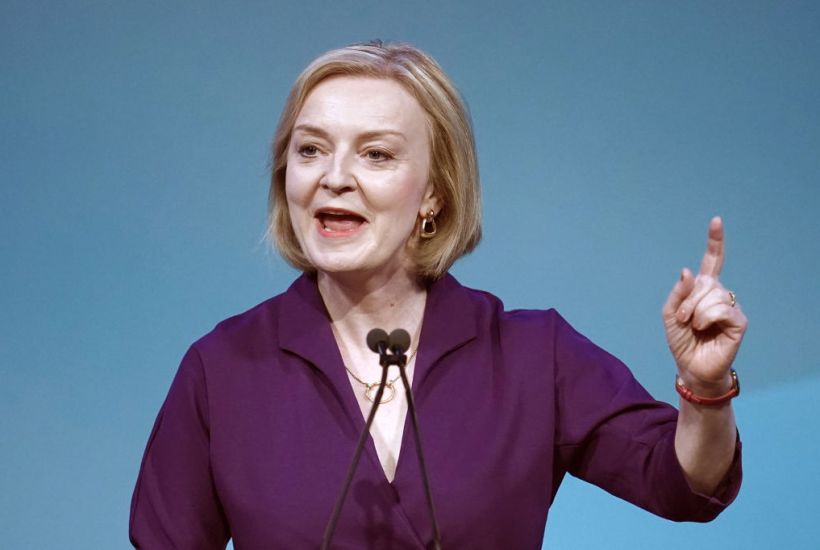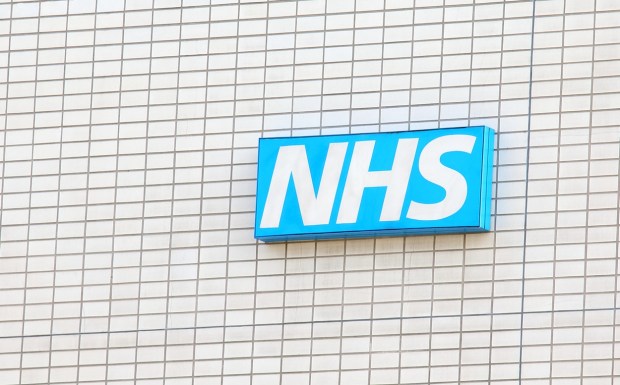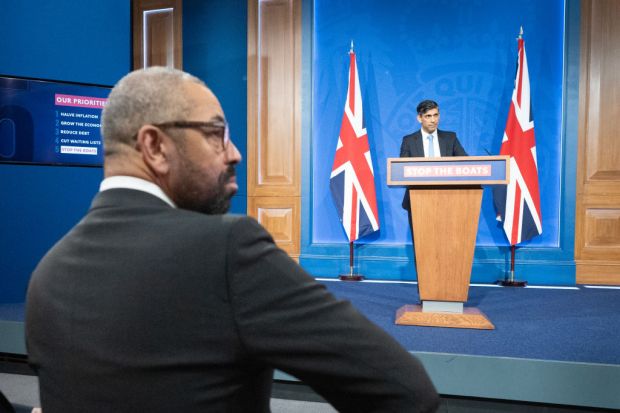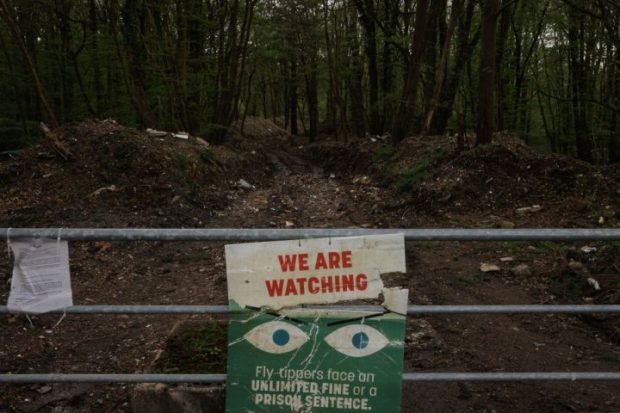Last week’s anniversary of Liz Truss entering Downing Street could have passed by quietly. But the Trussites had other ideas. Her supporters used the moment to make the case for Trussonomics once again: to say that Truss diagnosed the country’s problems correctly and that she was on track to find solutions – until her many conspirators took her down.
As it turned out, the cheerleading was a warm-up to the big event: yesterday Truss announced the details of her upcoming book – Ten Years to Save the West – which will be published next spring. Speaking to the Mail on Sunday, the former prime minister promised a detailed account of her time in Downing Street, the lessons she learned along the way, and how those lessons can be leveraged into a brighter, more prosperous future for the UK.
I’m sure the first-hand account of those 49 days is going to be fascinating. Yet I fear the core message of the book will be a rehash of what we’ve been hearing from the former prime minister all year. It was only four months after she left office that she was writing for the Sunday Telegraph and speaking to Spectator TV about what she thinks went wrong. And she has now confirmed her book will continue with the same theme: that apart from some ‘communications’ errors, nothing that happened last autumn was her fault. It was a ‘left-wing orthodoxy’ that brought her government toppling down. It’s a point of view that not only lacks accountability, but suggests a full rewrite of last year’s events.
Truss’s latest gripe about her failed premiership – that there ‘wasn’t enough support for Conservative ideas’ – suggests that her short-lived agenda contained lots of Conservative ideas. It didn’t. Rather, her centrepiece policy was a spin on price controls, under which ministers would determine what the public paid for energy per unit. The Energy Price Guarantee was estimated at the time to be potentially the single most expensive handout ever offered up by the British government, which Truss attempted to borrow tens of billions of pounds to fund in last September’s mini-Budget.
Some supporters say such a guarantee was necessary to support households last winter. Yet there were already schemes in place – designed by the previous government – to provide more targeted support to people who really needed it. The decision to bring in a government-set cap on costs was a (gravely miscalculated) political one: team Truss thought by dealing with energy costs in one go, they could then devote their time to other parts of her agenda.
What were the specifics in that agenda? A generous narrative is spouted these days about plans for pension and NHS reform, axing the size of the state and building hundreds of thousands more homes. All radical ideas – none of which were included in the mini-Budget or seriously mentioned until after market conditions took a turn for the worse (if they were even mentioned at all). In fact, the big announcements made by Truss during the leadership campaign (apart from tax cuts) were simply more spending projects, like greenlighting £26 billion for HS3.
‘I agree that taxes are too high and the government is too big,’ she told the Mail on Sunday yesterday. But this second half of the equation was the glaring omission in her agenda last year – one that wasn’t acknowledged until international markets decided to point out that she was trying to borrow and spend an awful lot of money.
Truss almost certainly had long-term ambition to implement some of those listed reforms (on housing, she has long been a champion for Yimbys), but like her predecessor, she found it easier to make promises and splash cash. And she tried to do so just as market conditions were taking a turn for the worse. The LDI pensions scare was unlucky. It seems no one saw it coming (though her government had either fired or cut out anyone who might have told them about potential liabilities). But she and Kwasi Kwarteng didn’t need the Treasury to tell them what was both obvious and publicly available. They could have got the information off The Spectator’s data hub, had they been looking for it: borrowing costs were rising worldwide and last autumn was not the time for a spending spree.
Truss has probably set her agenda back by a decade or so
All this is pushed aside by Truss and her supporters these days, as if they are tiny details that obscure the bigger picture: that she was, and is, correct in her diagnosis that the size of the UK economy needs to grow. GDP does indeed need a boost; there is no excuse for such stagnant growth across the UK. But this is not a unique thesis: it’s a case that’s been consistently made by plenty of economists, commentators and even politicians – and Truss has probably set their agenda back by a decade or so, by pretending her borrow-and-spend agenda was somehow a product of ‘free-market’ economics.
So far Truss’s account of last year’s events has dodged this point. But when she goes to fill a book, can it really be overlooked? The former prime minister has always been very good at bigging up ‘right-wing’ ideas – but it’s time she acknowledged that the ‘left-wing orthodoxy’ she despises is also a neat little summary of the policies she actually tried to implement. Devoting a chapter of her book to this colossal mistake would be a good place to start.
Got something to add? Join the discussion and comment below.
Get 10 issues for just $10
Subscribe to The Spectator Australia today for the next 10 magazine issues, plus full online access, for just $10.





















Comments
Don't miss out
Join the conversation with other Spectator Australia readers. Subscribe to leave a comment.
SUBSCRIBEAlready a subscriber? Log in